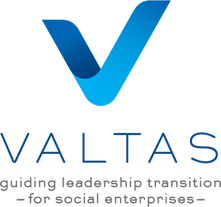THE LATEST FROM VALTASNews, updates, and stories to keep you in the know.
|
Of course, as a child, every want to me felt like a need …until I moved out on my own. Becoming an adult required me to manage my own budget. Over time, I’ve learned to live out this depression-era lesson.
So, what does this have to do with executive recruiting? Everything! What you want in your new leader and what you need may be two different things.
As a result, many organizations are beginning to seriously evaluate what kind of measures can reduce turnover among nonprofit executives.
Consider the following nonprofit employment statistics:
Let’s take a look at how much this kind of turnover is costing your organization, why employees are deciding to leave, and what you can do to stop it!
Everyone contributed insights into what the current nonprofit search landscape was looking like right now. The goal was to share what we are hearing and seeing to keep our team at the forefront of today’s rapidly shifting nonprofit employment trends.
When everyone had had a chance to weigh in, we realized we had a great nonprofit hiring resource in the making. So today we are sharing these industry insights with you to help inform your organization’s recruiting efforts. Strategies and Tactics for Supporting Diversity in Hiring  What is performative diversity? Performative diversity is when an organization advocates and affirms a commitment to DEI but takes no practical actions towards achieving it. Moving past affirmations and into action requires thoughtful, proactive, and concrete steps to foster a workplace that genuinely values a broadly diverse workforce. One of the most critical processes to examine and improve is your hiring practices, policies, and approach. The way your organization approaches hiring the Executive Director sets the tone for DEI in the rest of the organization. It also sends a message about how serious your Board is about equity. As you begin to navigate your upcoming leadership transition, here is a list of some practices your organization can adopt that builds towards a more equitable, transparent, and human-centric hiring process.  Who are you? How do you interact with the world? When are you at your best as part of a team? These seemingly simple questions are actually landmines for many, perhaps most, of us when we think about our participation in life, and more specifically the workplace. Employers are not unique in raising the issues of diversity regarding the people we interact with, equity in how people are valued and supported, and meaningful inclusion of people who come from different lived experiences. We pick our friends, and sometimes enemies, based on some of these factors. We create communities where we feel at least the first two of those factors because we can relax in those communities and just be ourselves. Add in the context of a “DEI Filter” in the hiring process and the nuance underlying those questions can sometimes be completely skipped over because the interviewer thinks they know who you are, how you will interact with the world, and what you will bring to the team based on how you look or their first impression of you and your experience as represented on a resume. I regularly see discussions around DEI committee membership that openly refer to someone “representing the African American community,” or the “BIPOC community.” I wonder how those people feel about that tokenism. (Because, let’s be clear, if that is how their selection was approached, then they are literally serving as tokens to represent those communities.) How can one person be expected to represent the entirety of the richness, diversity, and lived experience of the African American community? Or any community for that matter? Once upon a time, you would ask a person what they did for a living and they would likely tell you they were in sales. Or marketing. Or accounting. Or technology. Or one of several other common, easily-identifiable career categories.
These days? Well, thanks to the increased “consumerization” of the labor market and the resulting hyper-specialization of most job functions, it is hard to find people who fit these generalized career boxes any longer. And if they do — or more importantly if YOU do — it might be time to rethink your career brand and update how you are marketing yourself, professionally. As author Penelope Trunk remarked all the way back in 2007, “being a generalist means being good at nothing and headed for long-term unemployment. Generalist is the label for a career that will die.” Hello. My name is Ed Rogan. I am a Partner at The Valtas Group and I work in our executive search practice.
In this video, I’m going to offer five tips for preparing to interview. Before I jump into the tips, I want to set just a bit of context. At the Valtas Group, we specialize in working with Boards of Directors that are hiring CEOs and Executive Directors in the nonprofit sector. Even so, this advice does apply across situations and roles and I believe you’ll find something useful here regardless of the type of position you are seeking. Remember what they say, “luck is where preparation meets opportunity”. |
THE LATEST FROM VALTAS
You are welcome to subscribe to get the latest news, updates and insights from our team. Subscribe:Ask Valtas!Categories
All
Archives
July 2024
|






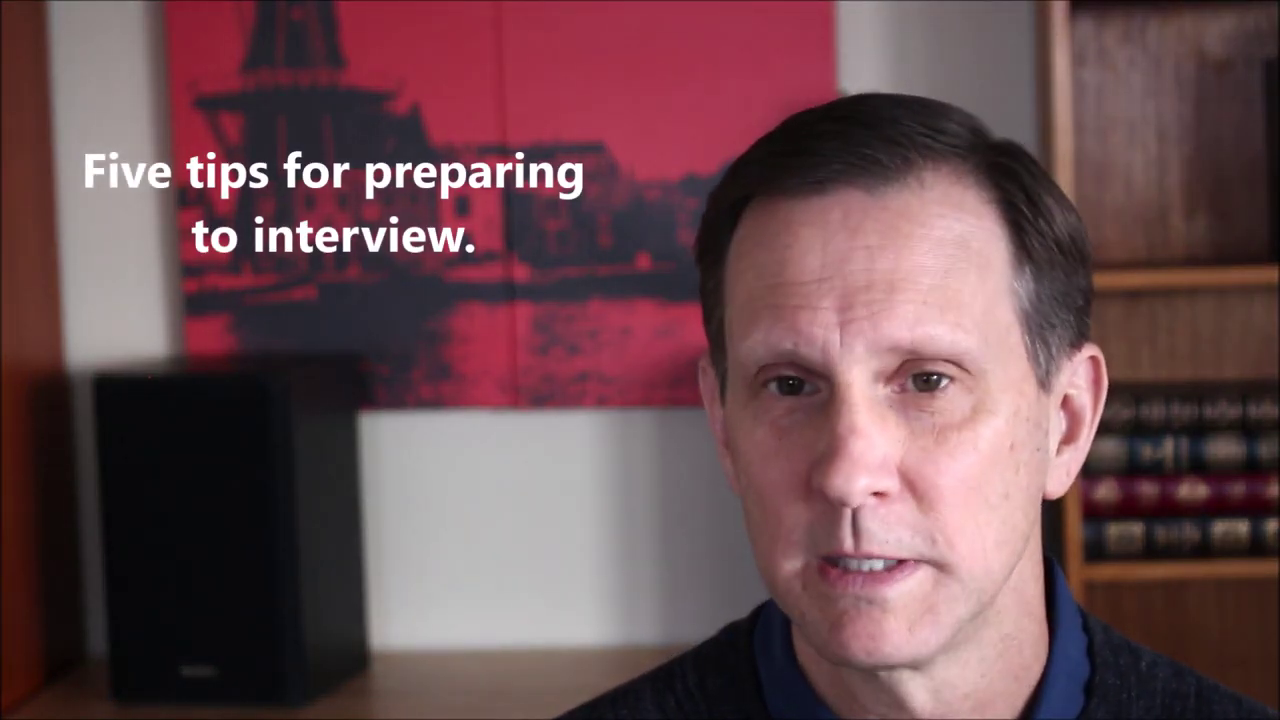
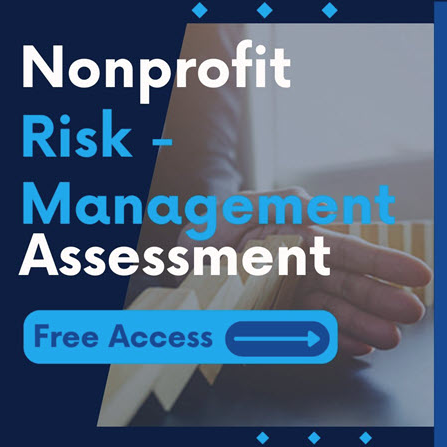
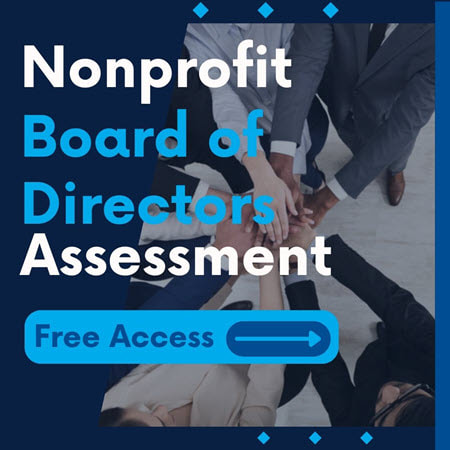
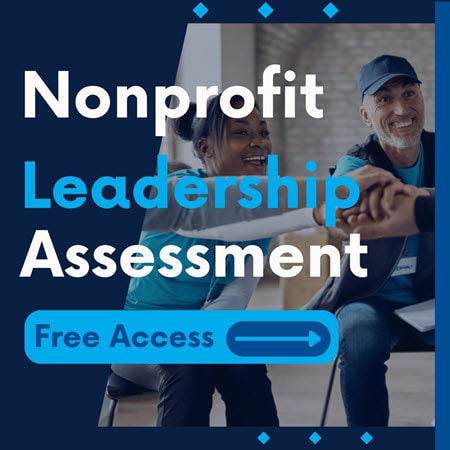
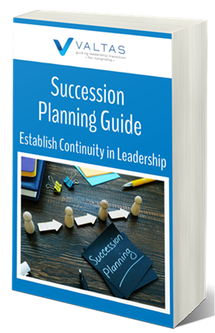
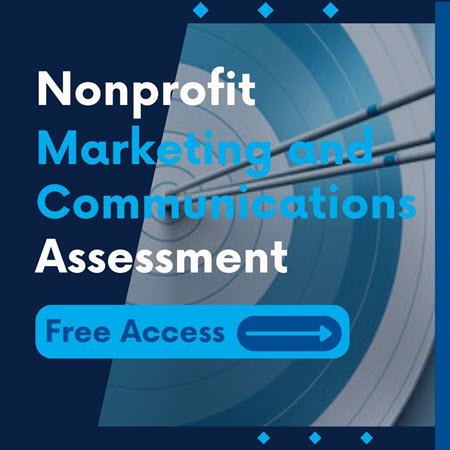
 RSS Feed
RSS Feed
